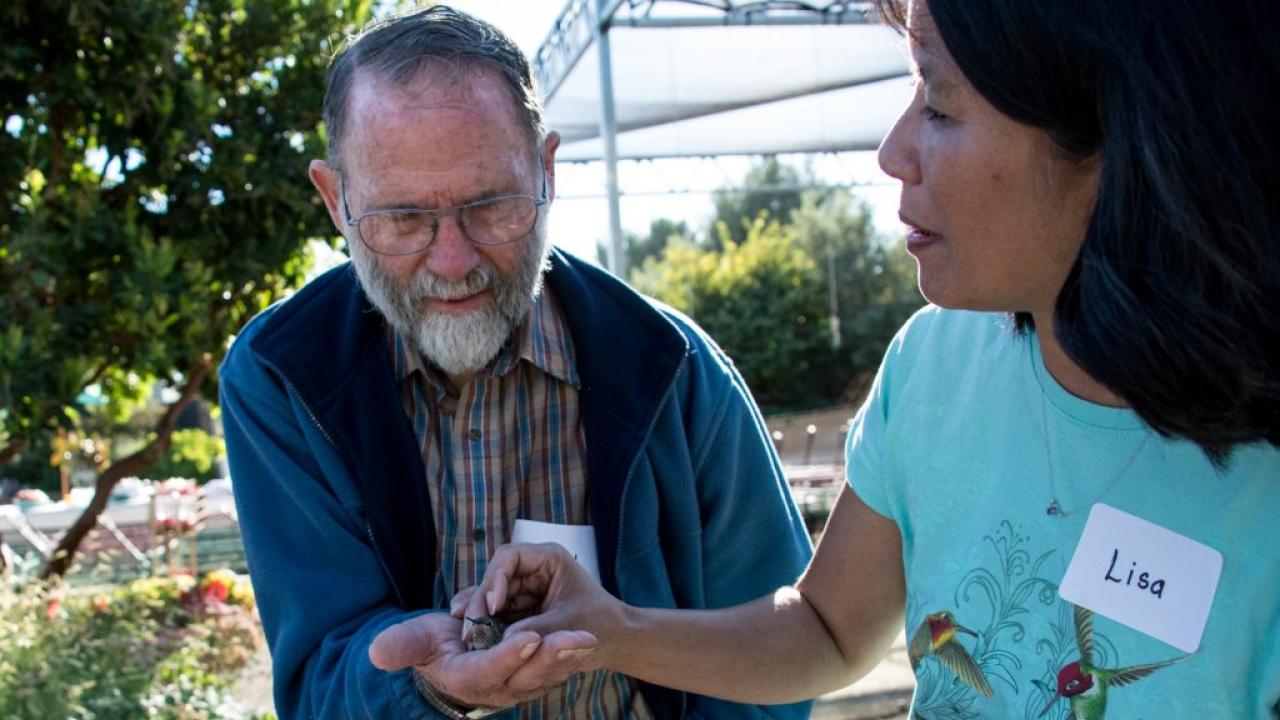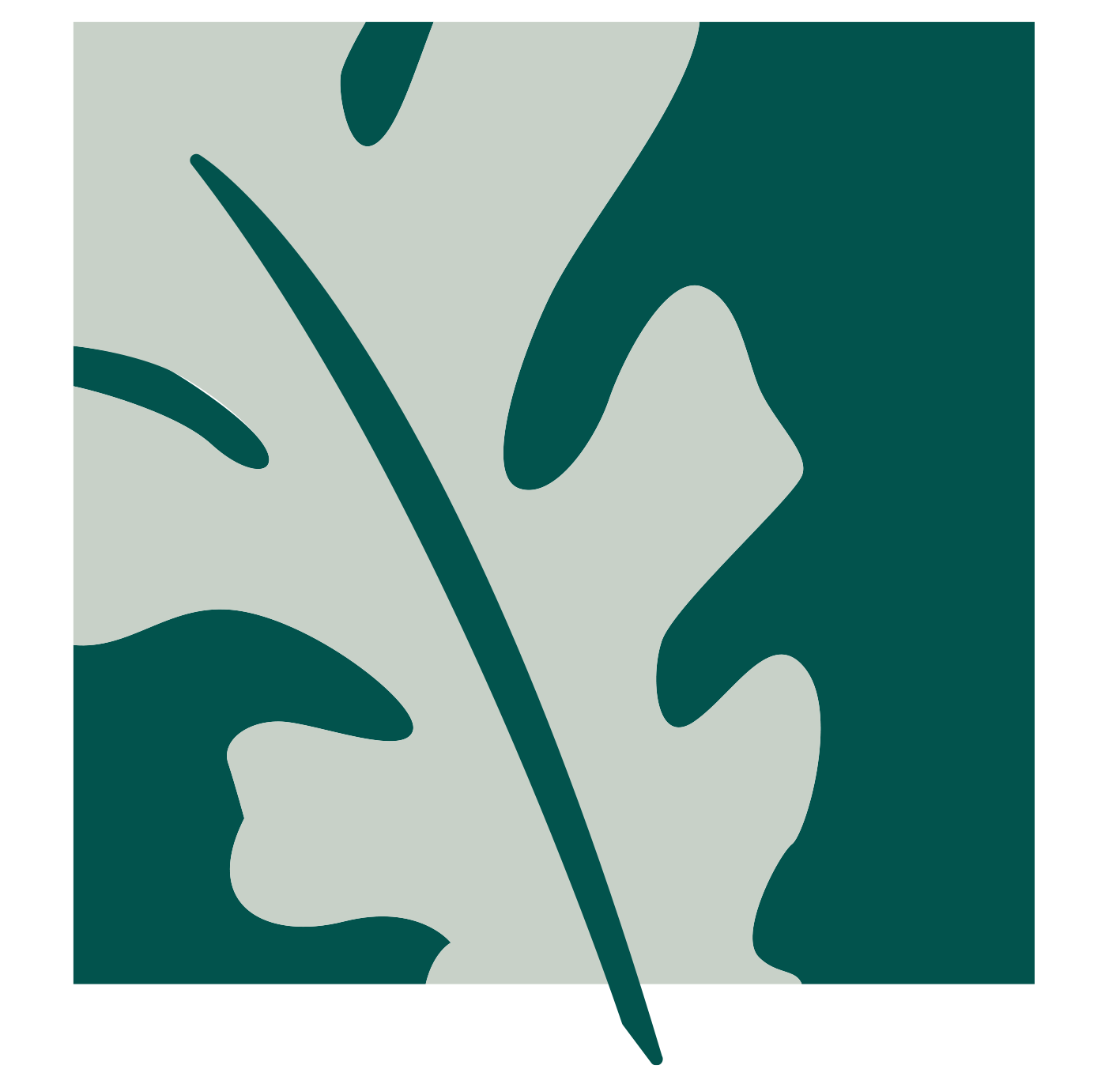
Finding awe: A gift for all
Article by Judy Moores
Member, UC Davis Arboretum and Public Garden GATEways Planning Council
Past President, Cool Davis
Sometimes the best gift is not a thing, but an insight or an experience.
A number of years ago, when visiting Ghost Ranch in New Mexico, I meandered into the Main Hall to find half a dozen people chasing after a Black-chinned Hummingbird. Having worked in nature museums in the past, I quickly assessed the situation and called out softly, “Stop! Wait! Stay still!”
Without its pursuers, the bird dropped trembling with exhaustion onto a windowsill. I moved slowly toward the tiny creature. Just close enough, I reached out, grasped the tiny body gently with a cupped hand, and headed outdoors. I placed the bird on a bench and signaled the others to stay still as I backed away.
We waited. Within a minute, the bird revived and looked around before it jetted east to disappear among the meadow flowers. Together with the others, I stood in silence awhile longer just to take in what had happened. Even today, I feel privileged to have held – if ever so briefly – a precious feathered miracle.
While this incident was one of profound awe for me, I have noted since a child many “miracles” around me in different places and circumstances. And each has given me comfort, with many helping me through hard times in my life.
When I was a child in the mid-50s, I visited my aunt and uncle and my five cousins in New York City. Coming from a farm community 60 miles north, the city was a shock to my sensibilities. There was no place to play without dodging pedestrians and cars. Horse manure fouled the streets, and the air left me feeling dirty. And yet, even there, I found a small miracle – a dandelion growing from a sidewalk crack. That one small yellow flower got me through a challenging week.
Having learned early to find miracles wherever I might be, I was delighted recently to read an article in Parade Magazine, “Feeling Awe May be the Secret to Health and Happiness” by Paula Spencer Scott. In it, she discusses recent research at several universities on the concept of “awe”. While each of the scientists approached the topic somewhat differently, their findings indicated that “awe” can bring people together, help us see things in new ways, make us nicer and happier, and even heal us.
Ms. Scott notes that while the “science of awe’ is pretty new, already a teacher at “Newcomers High School in Long Island City, N.Y., takes her students on “Awe Walks.” The teacher reports that kids who never talk in class or pay attention come to life.
“It helps them feel less marginalized, with a sense that life is still good.”
The article mentions other efforts as well, such as taking veterans and underserved adolescents white-water rafting. “Subjects showed measured improvements in psychological well-being, social function, and life outlook.”
The article led me to think about Yolo Basin Foundation, Tuleyome and UC Davis Arboretum – all organizations that introduce people to nature. At age 15, I benefited from a “Summer Science Workshop” that focused on introducing us – sons and daughters of blue-collar workers – to nature. That experience literally changed the lives of those of us who participated. We found that we could learn by doing and for me, as the oldest in the group, learn by leading. Most all of us went on to college; several had careers in science, teaching, and museum work. Today, 58 years later, the museum we started, now called Museum of the Hudson Highlands, is going strong. As is Explorit, which I am also a founder.
That summer, I learned that I felt better listening to birds, exploring swamps, climbing mountains, and taking the time to watch puffy white clouds overhead. I also learned that I, personally, could help make the world better for me and for others.
At the recent Yolo Basin “Bucks for Ducks” event, I chatted with a teacher who loved bringing her elementary school classes to Yolo Basin. She then noted that each Monday, she had her students check in by sharing what they had done the previous weekend. She was discouraged that most reported spending their time playing e-games. After reading the awe article, I wondered what kind of response she would get, if she explained to her class about the “power of awe” and suggested that they each find one or more things in nature to admire and tell their classmates about at the start of the school week.
For the sake of our general psychological well being, what if every teacher, every parent, everyone helped themselves and their children to find the “awe” in their lives. Art, music, museums, and cultural events can provide “awe” experiences. Listen to Beethoven or go to an art museum. Look at a picture of Earth taken from space. It costs nothing to watch the sky change at sunset. Or admire a random leaf for its color or shape. Or stop to listen to Canada geese as they fly overhead. Or watch for a full moon as it rises in the east. Transformative experiences abound when we tune into what is around us.
As an additional bonus, especially with regard to climate change, when we learn to tune into even small things on our awesome planet, it becomes obvious that our general well-being depends on all of us taking better care of Earth, our only home in the universe.
